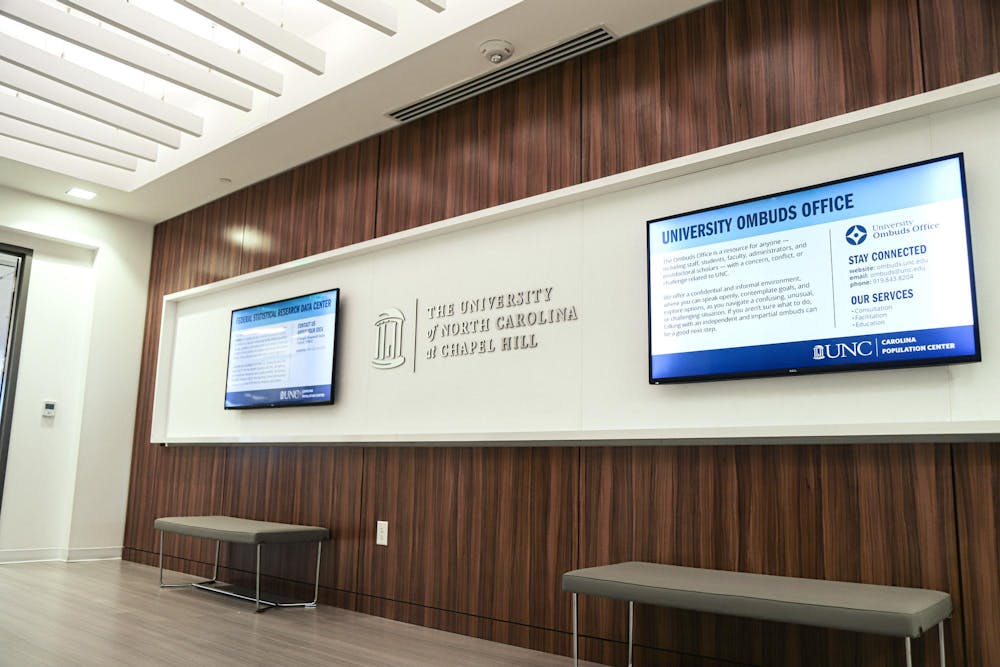Following President Donald Trump's 90-day freeze on United States foreign assistance, seven USAID-funded research programs at UNC have been terminated, according to UNC Media Relations.
In the weeks after the freeze, the Trump administration placed almost all U.S. Agency for International Development employees on leave and terminated thousands of USAID foreign assistance grants.
“We spent the weekend feeding USAID into the woodchipper,” Elon Musk wrote in a Feb. 3 post on X.
USAID, founded in 1961 by then-President John F. Kennedy, was created to strengthen U.S. international relations by providing aid and increasing its global influence against the Soviet Union.
Maternal and child health professor Kavita Singh Ongechi said USAID has been a major contributor to global health and development programs, including humanitarian food aid, HIV prevention and treatment, maternal health programs and child survival interventions.
The sudden dismantling of USAID impacted humanitarian work across the globe. For example, the move is impacting medical workers in the Democratic Republic of Congo who are running out of HIV prevention drugs to provide victims of sexual assault.
Singh said three projects she was affiliated with have ended due to USAID cuts. These projects are GH Pearl, D4I, and TB DIAH. The latter two projects were scheduled to end in the coming months, but global health Pearl was intended to be an ongoing project. In 2023, USAID awarded the Carolina Population Center $90 million to implement the GH Pearl project. The project centered on funding global health monitoring and employing an equitable approach to digital technology to improve health outcomes. It was supposed to run from Oct. 1, 2023, to Sept. 30, 2028, but was terminated.
“I don't know what they will do, but those projects bring a lot of prestige to UNC,” public policy professor Sudhanshu Handa said. "They carry our footprint all over the world. People all over the world know about UNC because of the training, research and the evaluation work we do, and a lot of it is funded through USAID.”
Outside of UNC, Handa worked on a training program for the Ministry of Planning and Economic Development for the government of Kenya. He trained individuals on specific monitoring and evaluation activities to improve government efficiency. The program was originally funded by USAID, but was recently cut.




